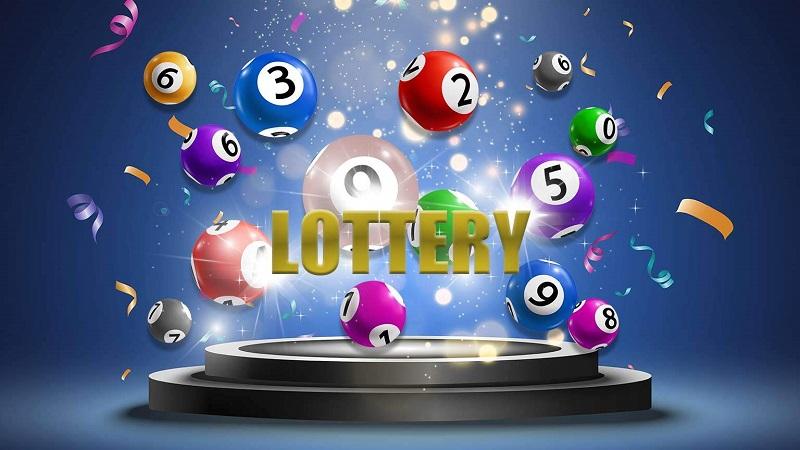In the digital age, traditional practices are continually being redefined by technological advancements. The lottery, a game of chance that has captivated millions worldwide for centuries, is no exception. Enter the realm of bandar togel online, a contemporary twist on a classic game that has transformed how people engage with and experience this age-old pastime.
A Brief History of Lottery
The lottery’s origins can be traced back to ancient civilizations. Historical records indicate that the Chinese Han Dynasty used lottery-like systems to finance major government projects as early as 205 BC. Similarly, the Roman Empire had its own version of lotteries, often used to distribute prizes at feasts and gatherings. Over the centuries, lotteries evolved and spread across continents, eventually becoming a popular form of gambling and fund-raising.
The Digital Revolution
The late 20th and early 21st centuries saw the digital revolution reshaping various sectors, and gambling was no exception. The advent of the internet opened new avenues for traditional games, with online casinos and poker rooms becoming widespread. The lottery was a natural candidate for this digital transition.
Online lotteries began emerging in the late 1990s and early 2000s, offering players the convenience of participating in lottery games without the need to visit a physical store. Initially, these platforms were met with skepticism regarding their legitimacy and security. However, as technology advanced and regulatory frameworks developed, online lotteries gained credibility and popularity.
How Online Lotteries Work
Online lotteries operate on a similar principle to their offline counterparts: players purchase tickets for a chance to win a prize based on random number draws. The key difference lies in the platform. Players can select their numbers or opt for quick picks through a website or app, often with features like automated number generation, notifications of draws, and easy ticket management.
There are two primary models of online lotteries:
- Official State and National Lotteries: Many countries have embraced the online lottery model, offering their established lottery games through official websites. These platforms are regulated by governmental bodies to ensure fairness and security. Players purchase tickets directly from the official site, and winnings are distributed according to the rules of the respective lottery.
- Third-Party Services: These platforms act as intermediaries, allowing users to participate in various international lotteries. Users buy tickets through these services, which then purchase official tickets on their behalf. This model offers access to lotteries that may not be available in a player’s home country, albeit sometimes at a premium.
Advantages of Online Lottery
- Convenience: The most obvious benefit is the convenience of playing from anywhere at any time. There’s no need to queue at a lottery retailer or worry about losing a physical ticket.
- Accessibility: Online lotteries open doors to international games that might be inaccessible otherwise. Players can try their luck in lotteries from different countries, potentially increasing their chances of winning.
- Enhanced Features: Many online lottery platforms offer features such as automatic number selection, ticket management, and draw reminders, making the experience more user-friendly.
- Secure Transactions: Online lottery services often employ advanced encryption technologies to protect user data and transactions, enhancing the security of purchases and winnings.
Challenges and Considerations
Despite their advantages, online lotteries come with their own set of challenges:
- Regulatory Issues: The legality of online lotteries varies by region. Players need to ensure that they are using legitimate and regulated platforms to avoid potential scams.
- Addiction Risks: The easy accessibility of online lotteries may increase the risk of gambling addiction. Responsible gaming measures and self-awareness are crucial.
- Fraud and Scams: Not all online lottery services are reputable. Players should be cautious and research platforms thoroughly to avoid fraudulent schemes.
The Future of Online Lottery
As technology continues to evolve, the future of online lotteries looks promising. Innovations such as blockchain technology could enhance transparency and security, while artificial intelligence might introduce new ways to analyze patterns and predict outcomes. Furthermore, the integration of virtual and augmented reality could offer immersive lottery experiences.
